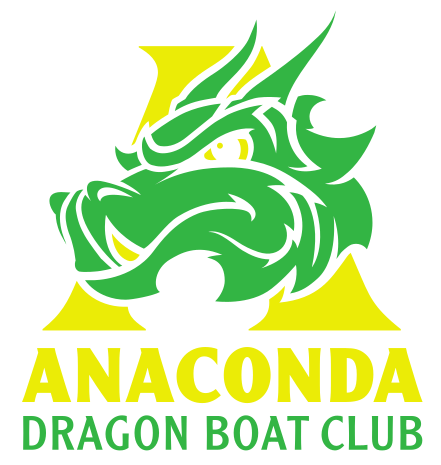We train all year round and in most weather conditions
Training times
• Wednesday, 6.15pm
• Friday, 6.15 am (a quick morning fix for our more experienced paddlers)
• Sunday 9 am (perfect for trying out)
• Sunday 10.15 am
On occasion we have to cancel training at short notice e.g. flooding, or other dangerous river conditions. Club member communications are conducted via closed WhatsApp groups.
Training expectations
We encourage people to come as often as possible to build skill, strength and stamina, as well as for the enjoyment. We recognise that people have different motivations, availability, and competing needs in their lives, and it is OK to miss some sessions. However, attendance is a contributing factor to national race places – see racing.
Coaching
Notts Anaconda have an experienced coaching team. Even the most experienced paddlers require coaching to correct and improve technique. If you are new to the sport, you can expect beginners coaching in and out of the boat, with routine check-ins as you become more experienced. We all receive group coaching at every session. The Sunday 9am session is particularly geared to correcting and improving the components of paddling.
Helm school
Helming is a specialist role which requires additional training and assessment. We encourage paddlers to try out helming to see if they want to become a fully qualified helm.
Drumming
The drummer helps keep the pace by signalling the speed of the stroke pair to the rest of the boat. The drummer works with the helm in specific race segments; the ability to shout is helpful.
Balancing the boat
Who sits where is determined by the helm and coaching team. The boat needs to be balanced left and right, front and back. There are several contributing factors:
• Experience – the stroke (front) pair – will have the technical knowledge to set the pace.
• Weight – lighter people will be seated front and back – heavier people in the middle
• Lefties or righties – some people have a preference to paddle on a particular side.
• Technical ability – the front seat is reserved for our stroke pair – those with the technical ability to set the pace
• Experience – in training, beginners are normally seated towards the back, with coaching support.
What to wear
For routine training, we recommend clothes you would ordinarily use for exercises in the gym or for running. Moisture wicking light-weight quick-dry fabrics are ideal; wetsuits are not necessary – you might get too hot. You can wear water shoes, or trainers that you don’t mind getting wet.
